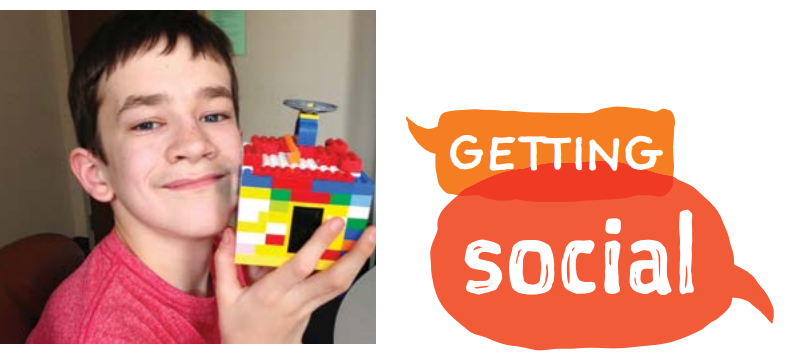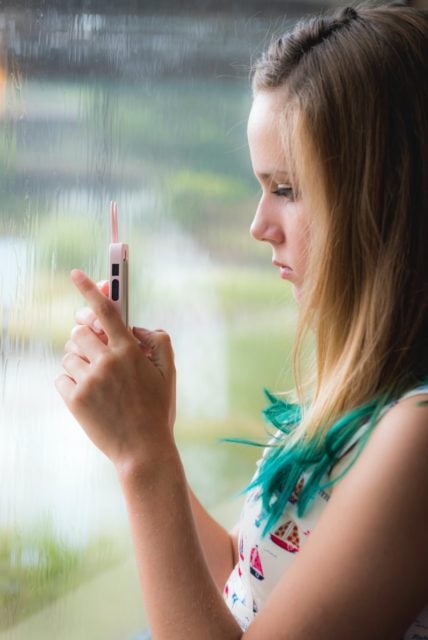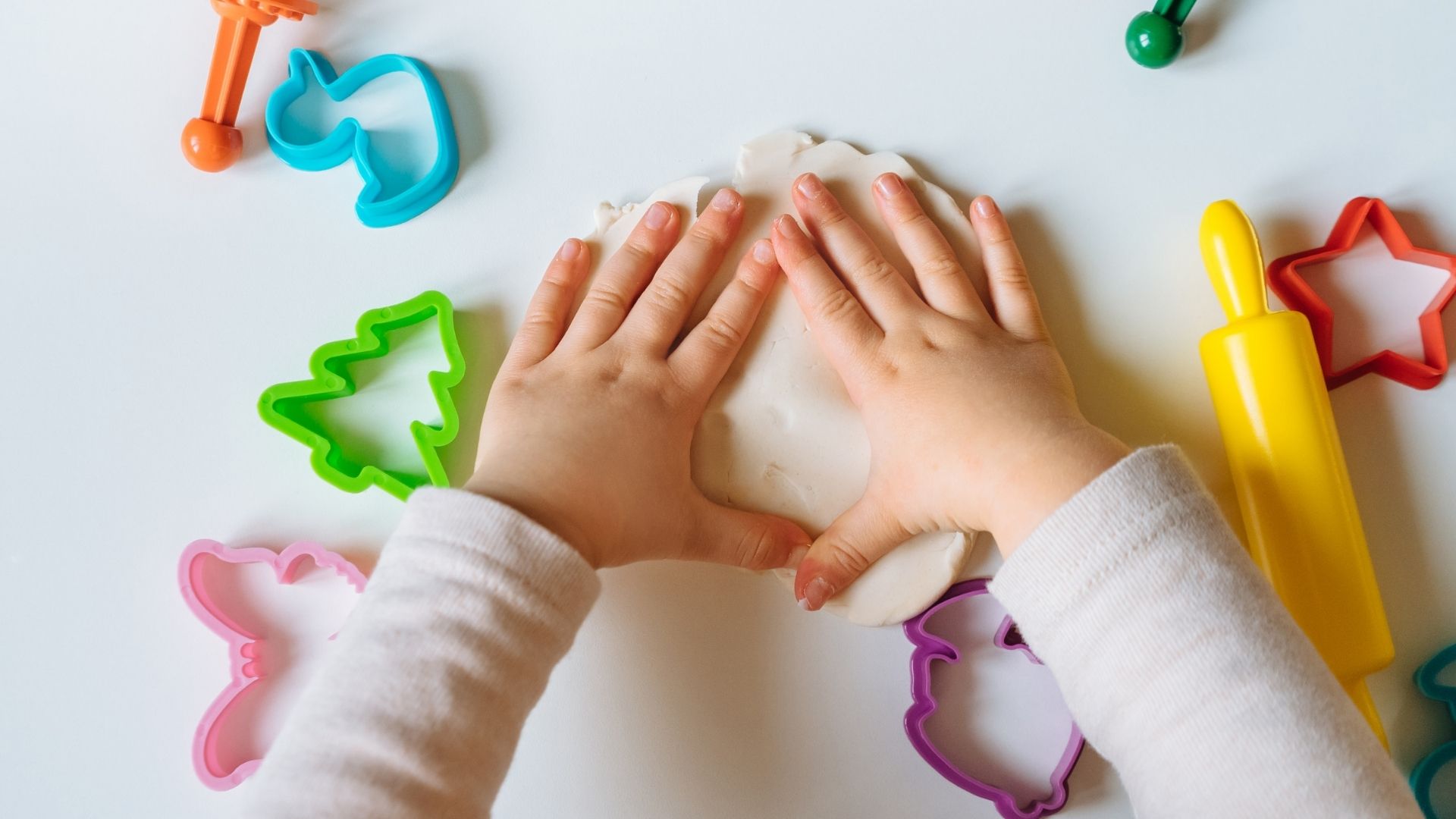We often forget two years is a lifetime in the eyes of a child. For some, a quarter or more of their life has been spent under immense stress and anxiety due to the pandemic. Those emotions don’t go away suddenly when mask mandates are lifted.
As restrictions wane and adults get back to a life that feels familiar, it’s important to remember that our children don’t feel the same way. A world where they can interact with people without wearing a mask can feel like a new experience. Because of this, many children are dealing with ongoing stress related to the pandemic.
WHAT’S GOING ON INSIDE A CHILD’S MIND RIGHT NOW
The human brain craves predictability. It makes us feel emotionally and physically safe. During the pandemic, we all entered a phase of unpredictability. Things that were once socially acceptable turned dangerous. Schedules were upended. Interestingly, we learned we’re very adaptable. It quickly became second nature to put on a mask before getting out of the car. Yet, the pandemic’s impact on our children’s mental health is undeniable, and in October 2021, the American Academy of Pediatrics declared it a national emergency.
As restrictions lift, we’re entering a new phase that creates unpredictability for children once again. Some stress and unpredictability are okay, but chronic stress can lead to learning, behavior, and physical and mental health problems that last a lifetime.
IDENTIFYING CHRONIC STRESS IN CHILDREN
Yale Medicine describes chronic stress as “a consistent sense of feeling pressured and overwhelmed over a long period.” In adults, we can feel and express stress in multiple ways – from aches and pain to insomnia. But for children, stress can sometimes be hard to spot, and as caregivers, we need to be vigilant.
In children, signs of chronic stress can include:
- Regression
- Routinely expressing fears or worries
- Overly clingy
- Difficulty sleeping or eating
- Acting distant or withdrawn
- Anger/aggression
Identifying stress in a child is the first step. Once you realize this is the cause of their behavior, what do you do?
HELPING CHILDREN COPE WITH STRESS
At the height of the pandemic, our staff at PICA Head Start began implementing Sunshine Circles into our classrooms. These are five- to 10-minute group times where we sing songs or play a game to help the children feel safe and connected, creating a better learning environment.
Children who are experiencing stress require an emotional and physical sense of safety. As caregivers, here’s how we can provide that:
State expectations often and early.
It’s crucial children know what we expect of them and what they’re expected to say or do ahead of time. Entering situations without clear expectations leads kids into a world of unpredictability.
Take time to connect.
Children need a secure base. Sometimes, all they need is to be with us. Reading and playing together or holding each other close can help ease a child’s fear and anxiety.
Be honest and open.
Children have many questions, and some of them are difficult to answer. As caregivers, we need to be honest and open with children without scaring them. You can always say, “Let me think about it/or research that and get back to you.” This gives you time to think through your answer, talk to a trusted partner or friend and then give an answer that feels right.
Pivot our expectations.
Every time we have to adapt, we should pivot our expectations. I’ve heard from many concerned parents who believe their child is behind socially or academically. Take some comfort in knowing that’s okay. Children can catch up very quickly. Addressing their stress and helping them feel safe is the most important thing. Children can catch up quickly when their emotional needs are met.
As a professional, I often remind families it’s okay to be stressed; it’s okay for their child to be worried. We need some stress in our lives to push us forward and challenge us just enough to get us over that next hurdle. The ultimate goal is to be “stress balance,”, especially during these changing times.
Emily Walker is a LICSW, Mental Health Consultant with Parents In Community Action (PICA) Head Start





















